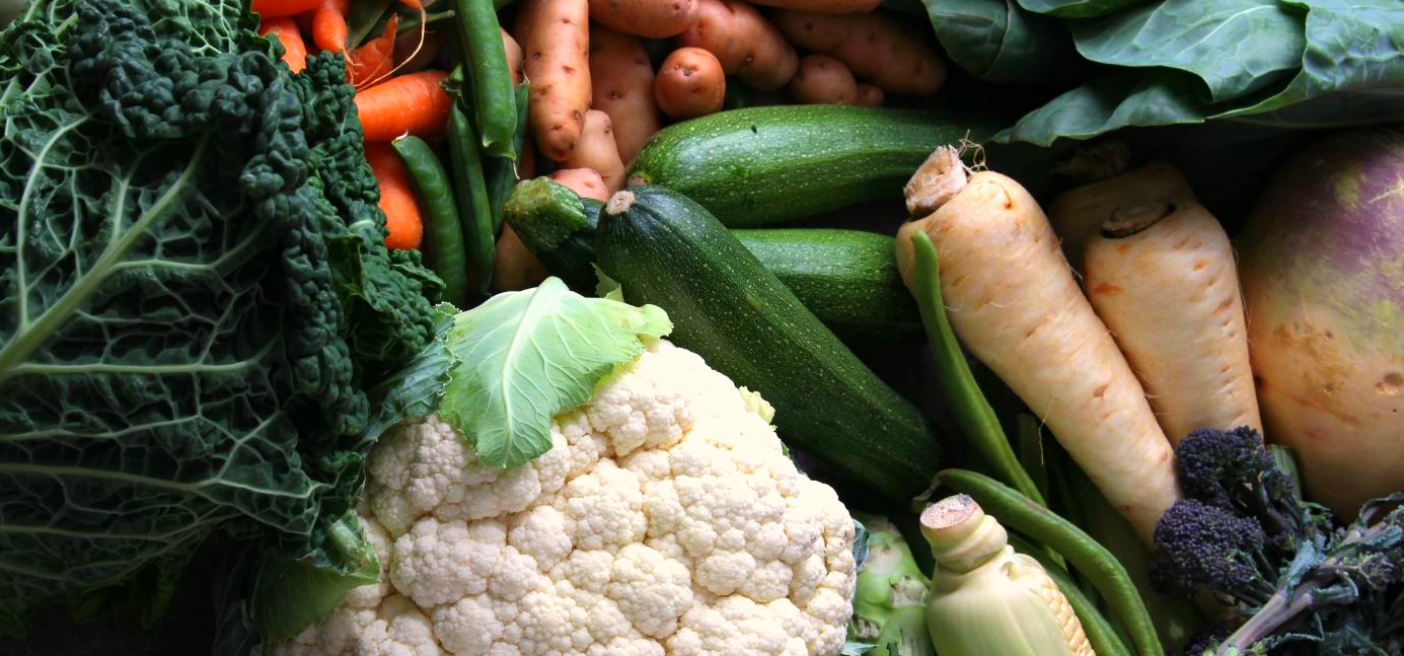Food Waste—how you can make a difference

Approximately one third of all food produced globally for human consumption is wasted… so what simple steps can families make to waste less and contribute more positively to the environment?
What’s the problem?
In 2011, it was estimated that Australians generate 361 kilograms of food waste annually per person, and in 2013, it was estimated that this waste costs households more than $8 billion each year.
The environmental impacts of this food waste are significant and far-reaching. It creates greenhouse gas emissions, uses precious fresh water, uses vast quantities of fertiliser and pesticides and destroys both forests and wetlands; all to produce food that is never eaten!
Even more alarming, it is estimated the full cost of global food waste (environmental, economic and social) is US$2.6 trillion dollars per year.
Why do we need to act now?
Avoiding and minimising food waste preserves the environment and helps to feed the world's growing population—therefore contributing to a more sustainable future for food production in Australia.
It’s vital that we act to make our food production more sustainable and reduce the amount of food we throw out. Even before food gets to us, there is a lot of unnecessary waste in food production. Edible food is too often wasted because it is determined ‘not fit for retail sale’—when the truth is, it is still safe to eat… it might simply be less picture-perfect. On top of this, there is the problem of unsold food in retail outlets (which is often not managed in an environmentally friendly way) and the food that is thrown out by households. Approximately two thirds of purchased food is wasted in retail food outlets or in the home.
What can you do to reduce food waste?
There are several ways you can be more mindful of your household food waste:
• Plan your meals—it saves money, time and reduces waste
• Buy only what you need and check the fridge before you shop
• Get creative with your cooking and use leftovers
• Compost, compost, compost
• Check date labels and know the difference between:
a. ‘Use by’—food has to go
b. ‘Best before’—food is at its best and can be eaten after this date as long as it has been stored correctly
c. ‘Display until’—a stock control message for retailers only
Sources:
http://www.foodwise.com.au/foodwaste/food-waste-fast-facts/
http://www.environment.gov.au/protection/national-waste-policy/food-waste
